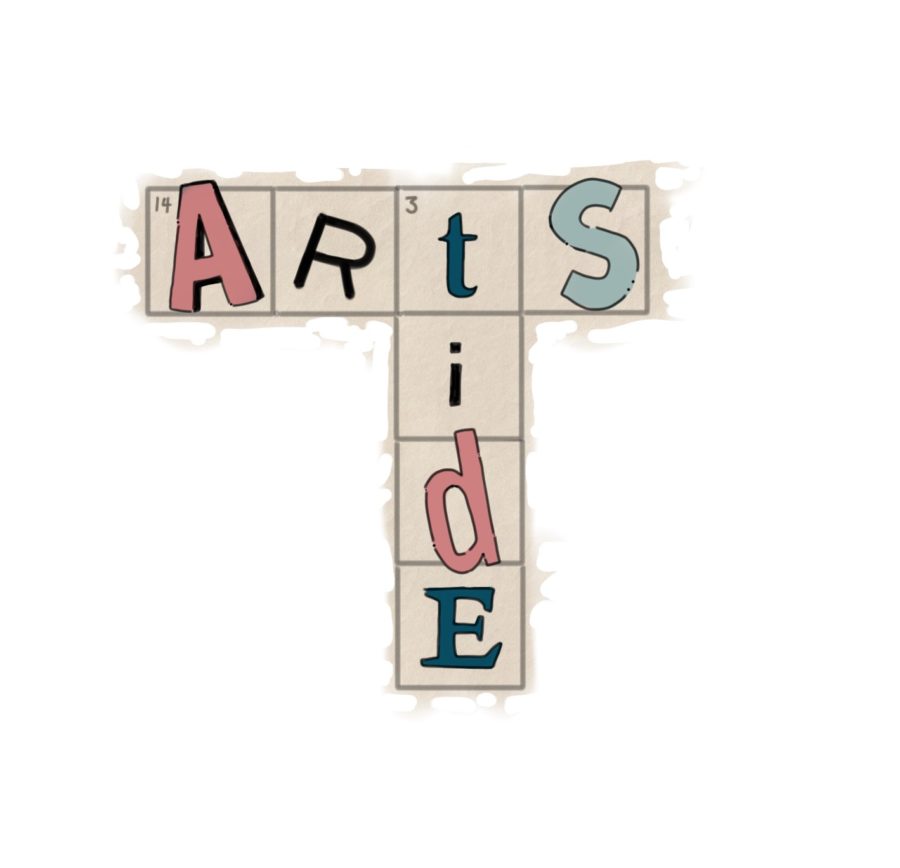Crosswords: a brain break
Crossword puzzles are a fun, engaging pastime that can even improve cognitive function by encouraging people to think outside of the box.
April 27, 2023
Crossword puzzles are a beloved pastime for millions of people around the world. Found in most newspapers and more recently, in mobile apps and websites, crosswords have certainly endured the test of time. There is something captivating about filling out boxes one square at a time, using straightforward or unnecessarily obscure clues, until a perfectly interconnected web of words presents itself on the page.
Although loved for a variety of reasons, arguably the most enticing is the sense of accomplishment when completing a puzzle or figuring out a clue. Crosswords feature many opportunities for small successes, which can lead to sudden revelations. It is a feeling of triumph, of having outsmarted the puzzle’s creator and found the way out of the maze of clues.
“I love crosswords, they don’t love me,” junior Zaida Bowsher said. “I like something that is difficult, that requires some energy on my part. So there’s definitely a sense of achievement when you get better [at solving them].”
Often, because of this, crosswords are ideal to add to one’s daily routine. Starting the day with an activity that gets the mental gears whirling and provides a feeling of having done something productive is not a bad idea. Ending the day with this small victory is not a bad one either. Crosswords, in short, can be a form of escapism for many.
Doing these puzzles also has hidden cognitive benefits–the University Of Pittsburgh Medical Center cites a study conducted in 2013 where researchers found that crosswords are among some of the most effective ways to preserve brain function and cognitive ability. Doing them regularly can slow the effects of diseases such as dementia as well.
For avid solvers, crosswords can also build analytical and critical thinking skills.
“Crosswords…want you to think outside of the box, but they want you to think inside their specific box, quite literally for crosswords,” Bowsher said. “But it does get you thinking in a slightly more creative way.”
They can also, unsurprisingly, build peoples’ vocabulary through the introduction of new words. “There’s also a lot of word play, which is kind of my favorite, because it’s usually difficult to suss out what’s going on. So you’ve got to kind of look at, look at words from a different perspective,” English teacher Jeremy Koenig said.
Many puzzles contain a wider theme and subtle witticisms. “Definitely you learn some synonyms. And sometimes there’s some fun puns and word plays that are engaging,” Bowsher said. Though some answers to a crossword’s clue can be obvious, others require knowledge of a newly introduced word, adding to a person’s vocabulary and increasing their linguistic abilities.
In addition to these individual pleasures, there is a large social aspect as well. They can be a rainy day activity with friends and family, or even a conversation starter with a stranger.
Competitive players can even compete in tournaments, where they can collaborate with others to share tips and strategies. Mr. Koenig is an example of one of these players. “The online community for crosswording is great. It’s not huge, but it’s a real tight community,” he said.
Crosswords can also be used to bridge intergenerational differences. As a puzzle that has remained a popular form of entertainment for generations, they have gained the ability to connect people on a deeper level.
More recently, crossword puzzles and other games having to do with finding the correct word have entered the technological world. Many newspapers, magazines, and puzzle websites now offer free crossword puzzles that can be solved on a computer or mobile device, making them enjoyable in a quick, convenient, on-the-go way. The New York Times’ daily crossword and the game Wordle are two popular examples that have made waves in the community. Crosswords are also a key feature of every Tide issue—our very own crossword editors design addicting puzzles in each release for students to enjoy and complete.
Technology has also made creating and publishing puzzles such as crosswords a much simpler process. These puzzles have survived countless generations, and don’t appear to be leaving anytime soon. Whether done in a ritualistic manner or appreciated every so often, these puzzles are a great way to unwind after a long day, pass the time during lines or commute, or engage in a mental exercise. “I do the Tide’s crossword every Tide [issue], and it’s great,” Mr. Koenig said.


